American History
American History encompasses nonfiction works that explore the political, social, cultural, and economic development of the United States.
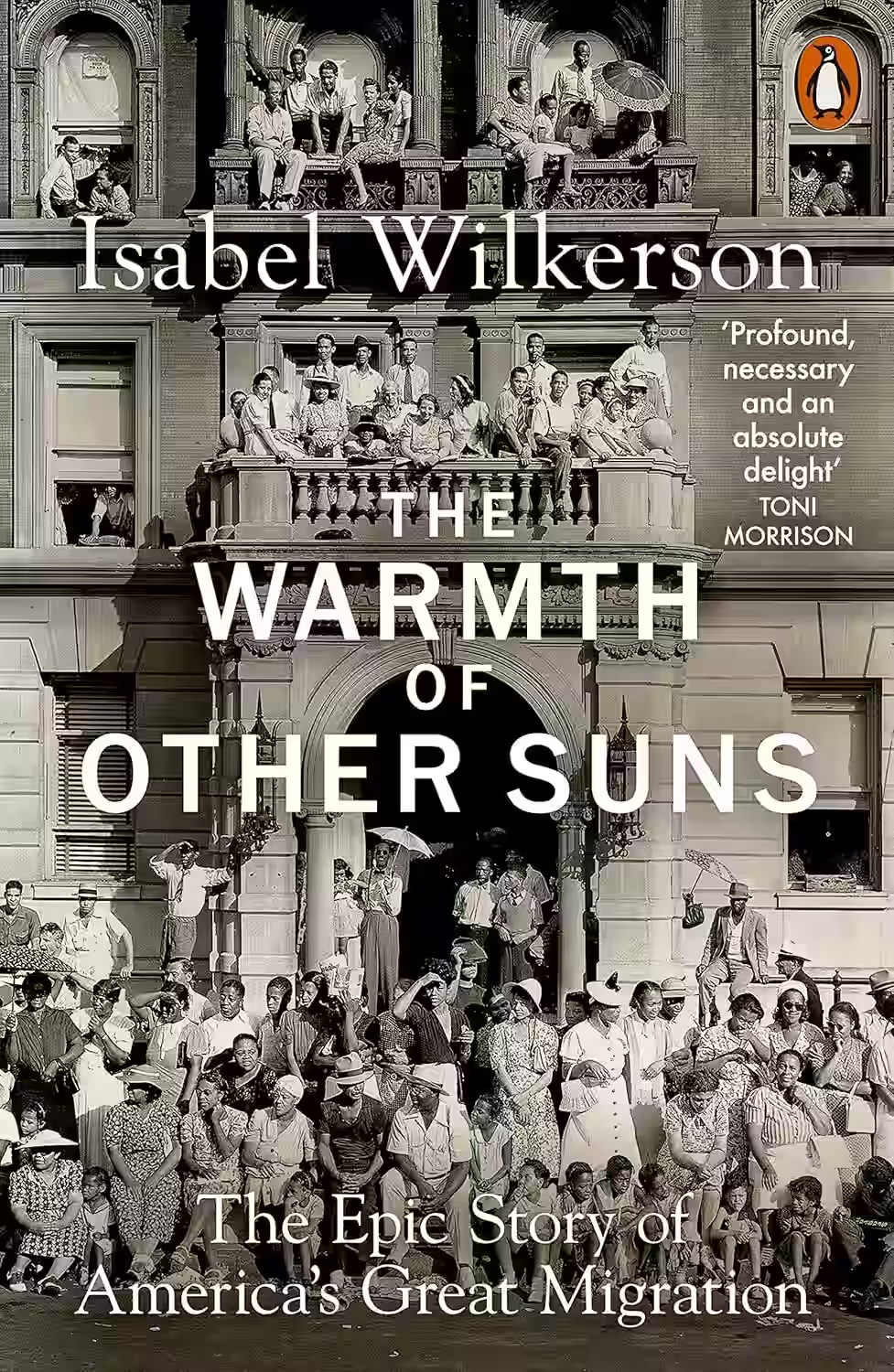
The Warmth of Other Suns
This sweeping narrative chronicles the Great Migration, the mass exodus of Black Americans from the South between 1915 and 1970. Pulitzer Prize–winning journalist Isabel Wilkerson tells this story through the lives of three individuals who left the South for new lives in Chicago, New York, and Los Angeles. Combining history, sociology, and biography, Wilkerson captures the courage and resilience of those seeking freedom from Jim Crow oppression. The Warmth of Other Suns is both deeply personal and historically expansive, shedding light on a pivotal movement that reshaped American culture, politics, and demographics across the 20th century.
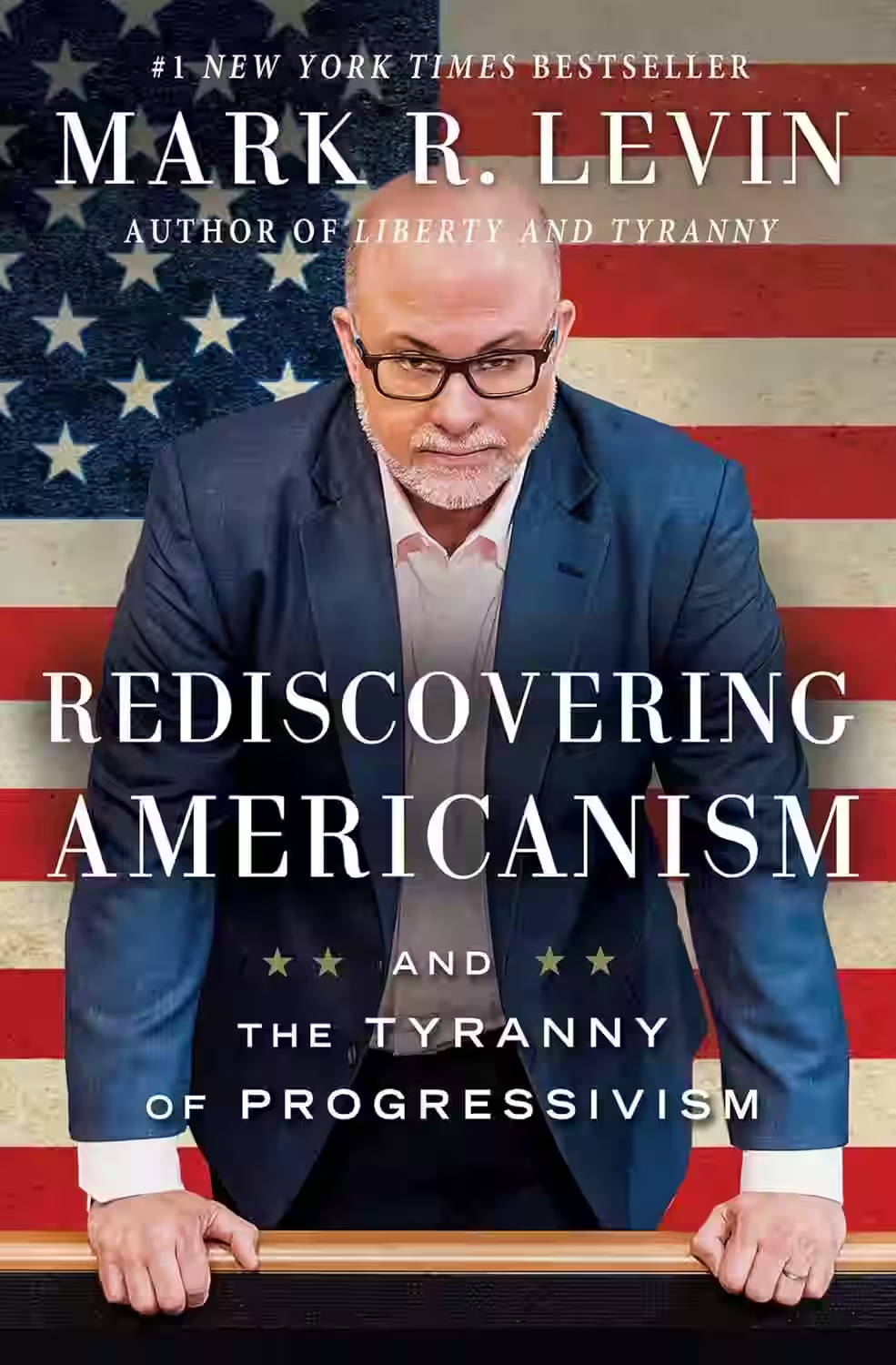
Rediscovering Americanism: And the Tyranny of Progressivism
In 'Rediscovering Americanism: And the Tyranny of Progressivism,' Mark R. Levin delves into the core principles of American conservatism and the dangers posed by the progressive movement. Through a comprehensive analysis, Levin examines the Founding Fathers' vision for America, emphasizing individual liberty, limited government, and free markets. He critiques the progressive ideology for its deviation from these principles, highlighting its threat to the American republic. Levin's compelling argument calls for a return to the roots of Americanism to safeguard the nation's future. This thought-provoking book challenges readers to reconsider their understanding of American values and the ongoing battle between conservatism and progressivism.
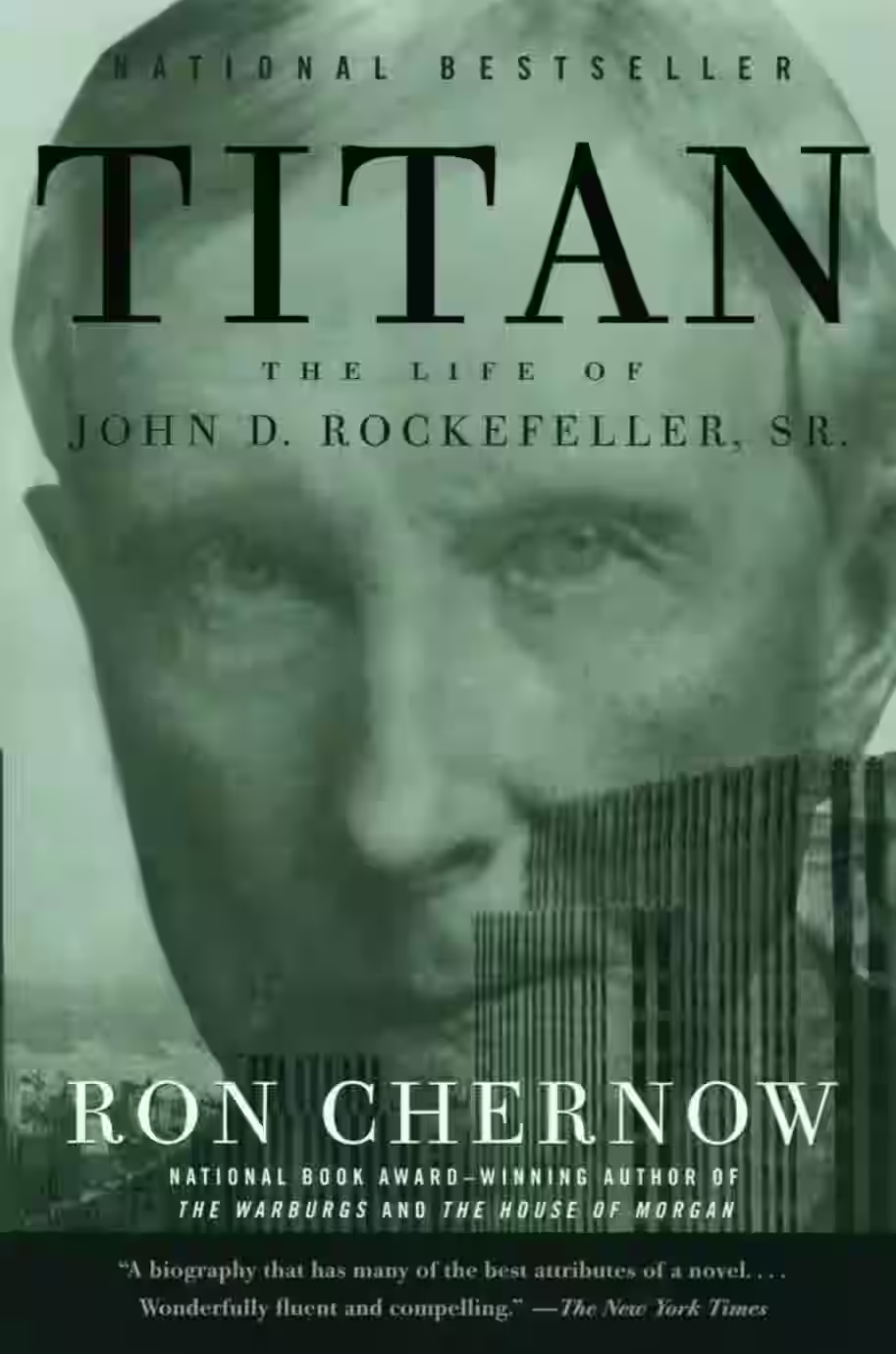
Titan: The Life of John D. Rockefeller, Sr.
by Ron Chernow
In 'Titan: The Life of John D. Rockefeller, Sr.,' Ron Chernow delves into the compelling and controversial life of one of America's most influential figures. Through meticulous research and captivating storytelling, Chernow explores Rockefeller's rise to power in the oil industry, his ruthless business tactics, and his complex personal life. The book sheds light on the industrialization of America, the impact of monopolies, and the ethical dilemmas faced by a titan of industry. Chernow's narrative skillfully navigates through Rockefeller's triumphs and controversies, offering a nuanced portrait of a man both revered and reviled in equal measure.
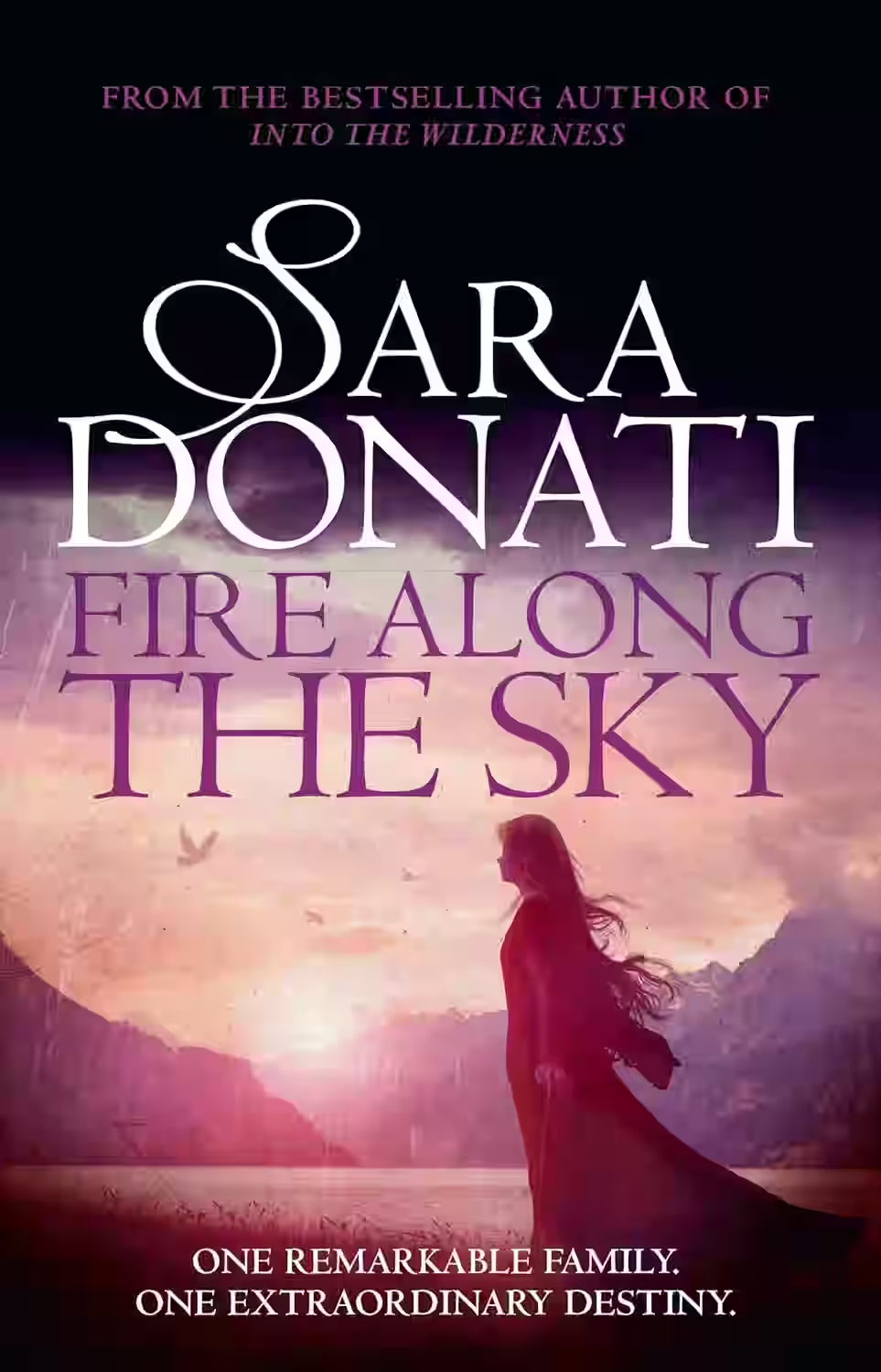
Fire Along the Sky
by Sara Donati
Series: Wilderness (#4)
Sara Donati's 'Fire Along the Sky' continues the enthralling saga of families and communities navigating the boundless challenges of life in early 19th century America. Central to this installment is the character of Hannah Bonner, a strong and resilient woman who finds herself tangled in the threads of love, war, and cultural collisions between Native Americans and European settlers. Donati skillfully weaves historical context with vivid storytelling, ensuring readers are immersed in the era's struggles and triumphs. Themes of loyalty, identity, and the quest for freedom resonate throughout the narrative, offering a tapestry of human emotions set against a richly detailed historical backdrop.
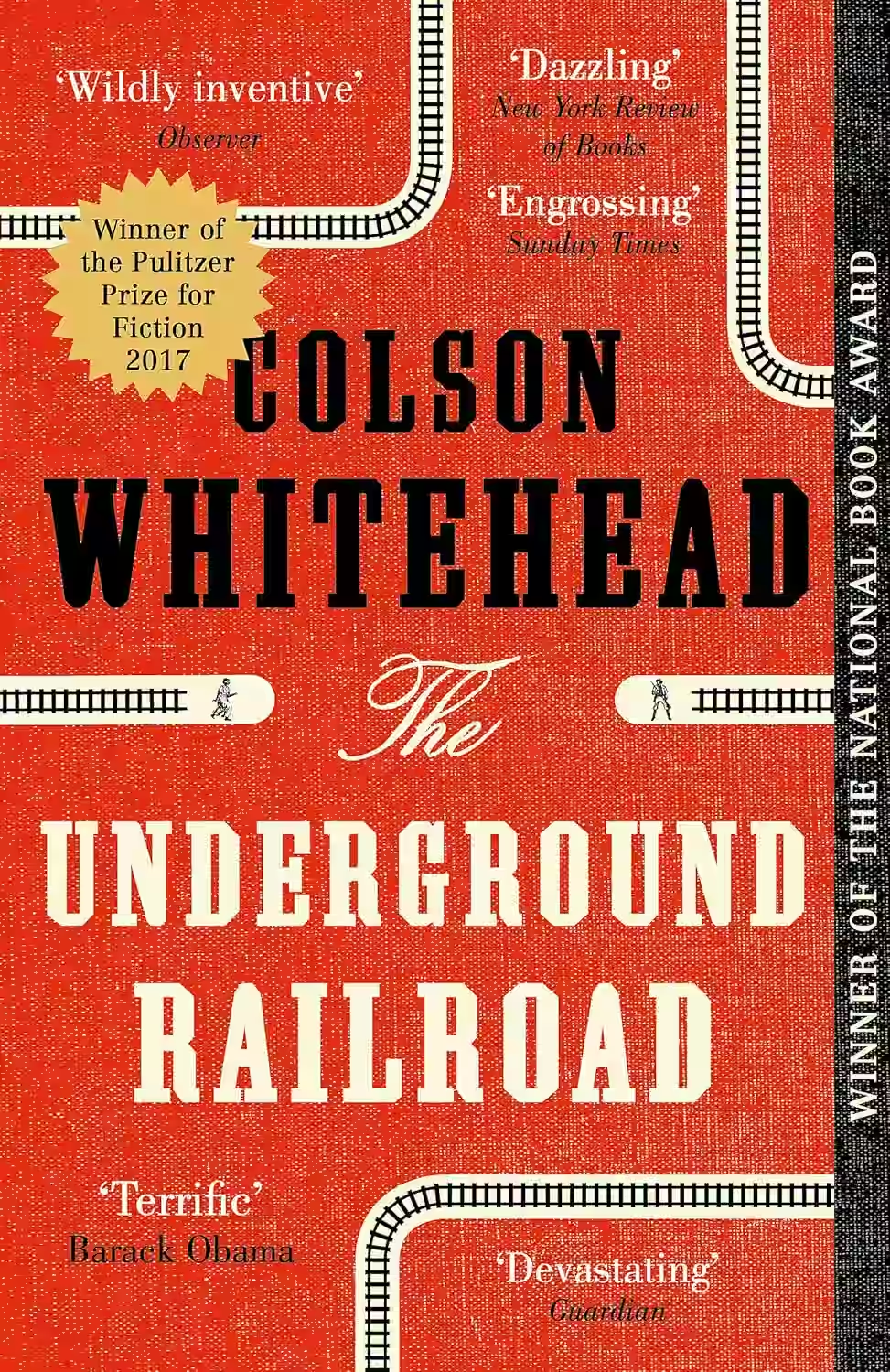
The Underground Railroad
Colson Whitehead's The Underground Railroad reimagines the historical network as an actual subterranean train system, following the journey of Cora, a young enslaved woman seeking freedom. As she travels through different states, each with its own challenges, the novel explores the brutal realities of slavery and the enduring quest for liberation. Whitehead's blend of historical fiction and magical realism offers a powerful commentary on America's history and the resilience of those who fought against oppression.
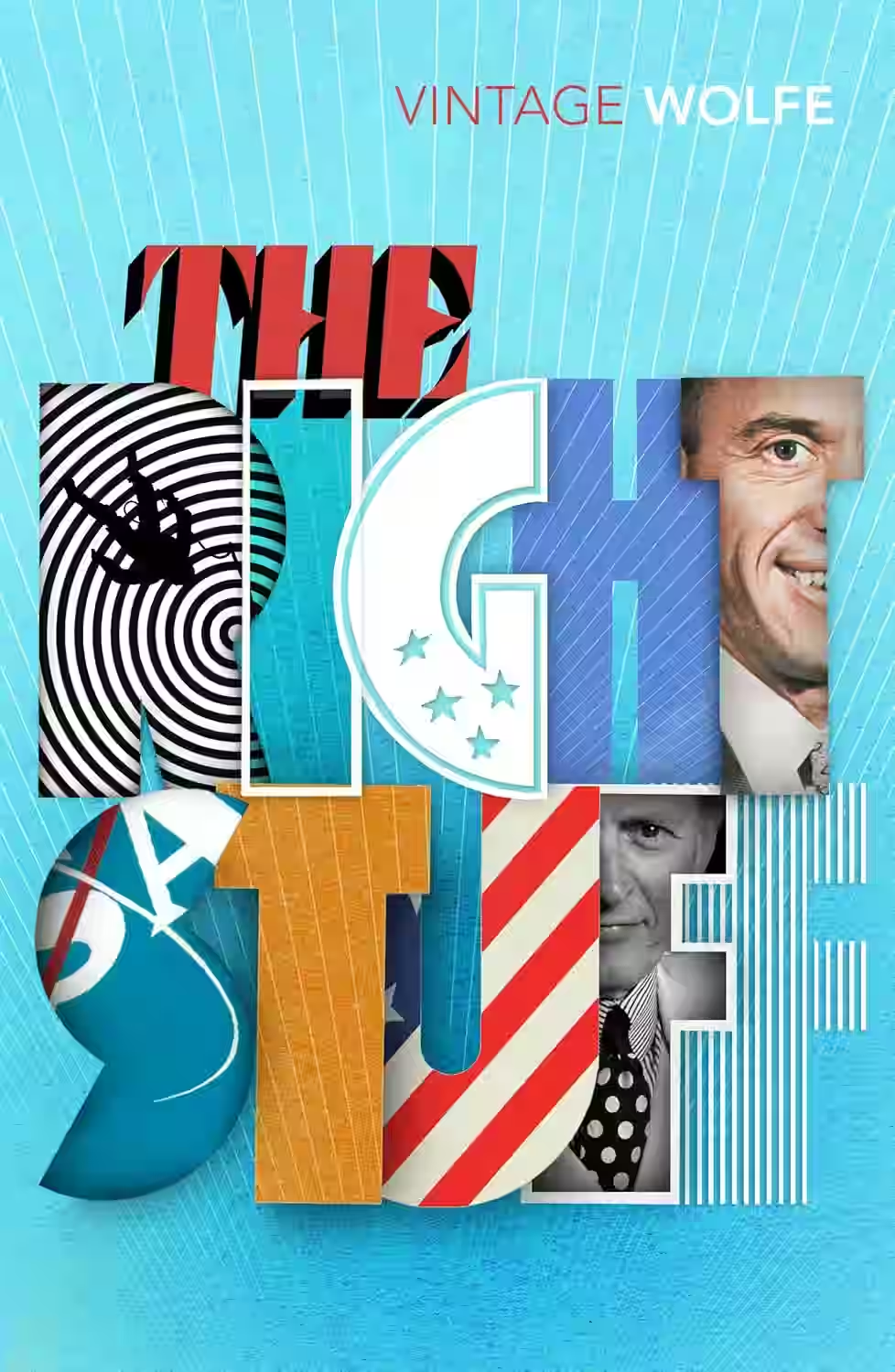
The Right Stuff
by Tom Wolfe
In 'The Right Stuff' by Tom Wolfe, readers are thrust into the exhilarating world of test pilots and astronauts during the early days of the Space Race. The book delves into the psyche of these fearless men, exploring themes of courage, ambition, and the relentless pursuit of greatness amidst life-threatening challenges. Wolfe's narrative paints a vivid picture of the astronauts' bravery and the complex dynamics within the exclusive world of space exploration. With a riveting blend of history and storytelling, 'The Right Stuff' immerses readers in the high-stakes drama of America's quest for the stars, offering a compelling insight into the human spirit and its boundless capacity for extraordinary feats.
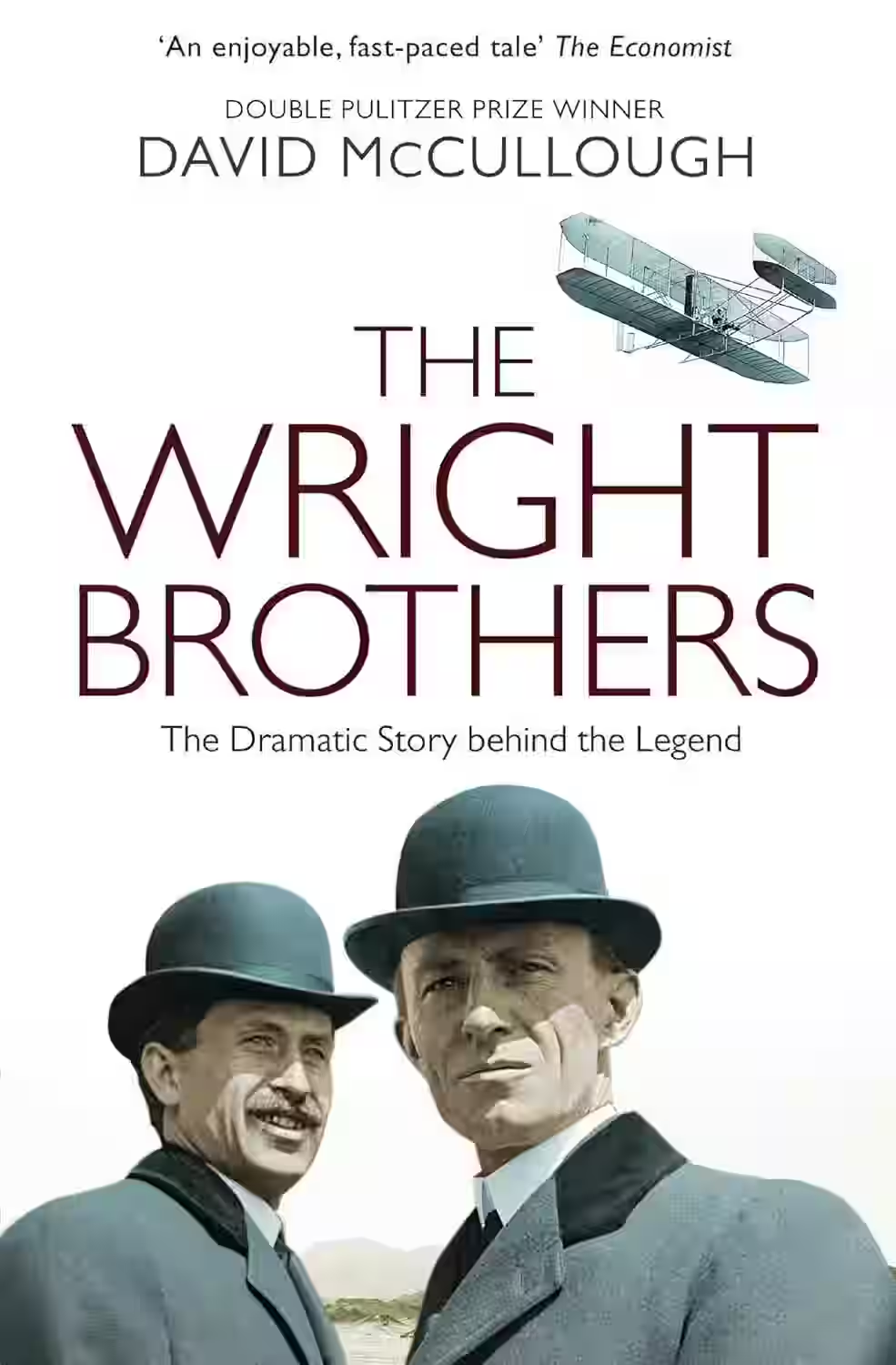
The Wright Brothers
In 'The Wright Brothers,' David McCullough delves into the lives of aviation pioneers Orville and Wilbur Wright, showcasing their relentless pursuit of flight amidst unimaginable challenges. The book paints a vivid picture of the brothers' determination, ingenuity, and unwavering belief in their dreams. McCullough seamlessly weaves together historical accounts, personal letters, and photographs to bring to life the daunting journey of the Wright brothers and their groundbreaking achievements. Readers are taken on a captivating journey through the early days of aviation, experiencing the triumphs and tribulations faced by these visionary brothers. 'The Wright Brothers' is a testament to the power of perseverance and innovation in the face of adversity.
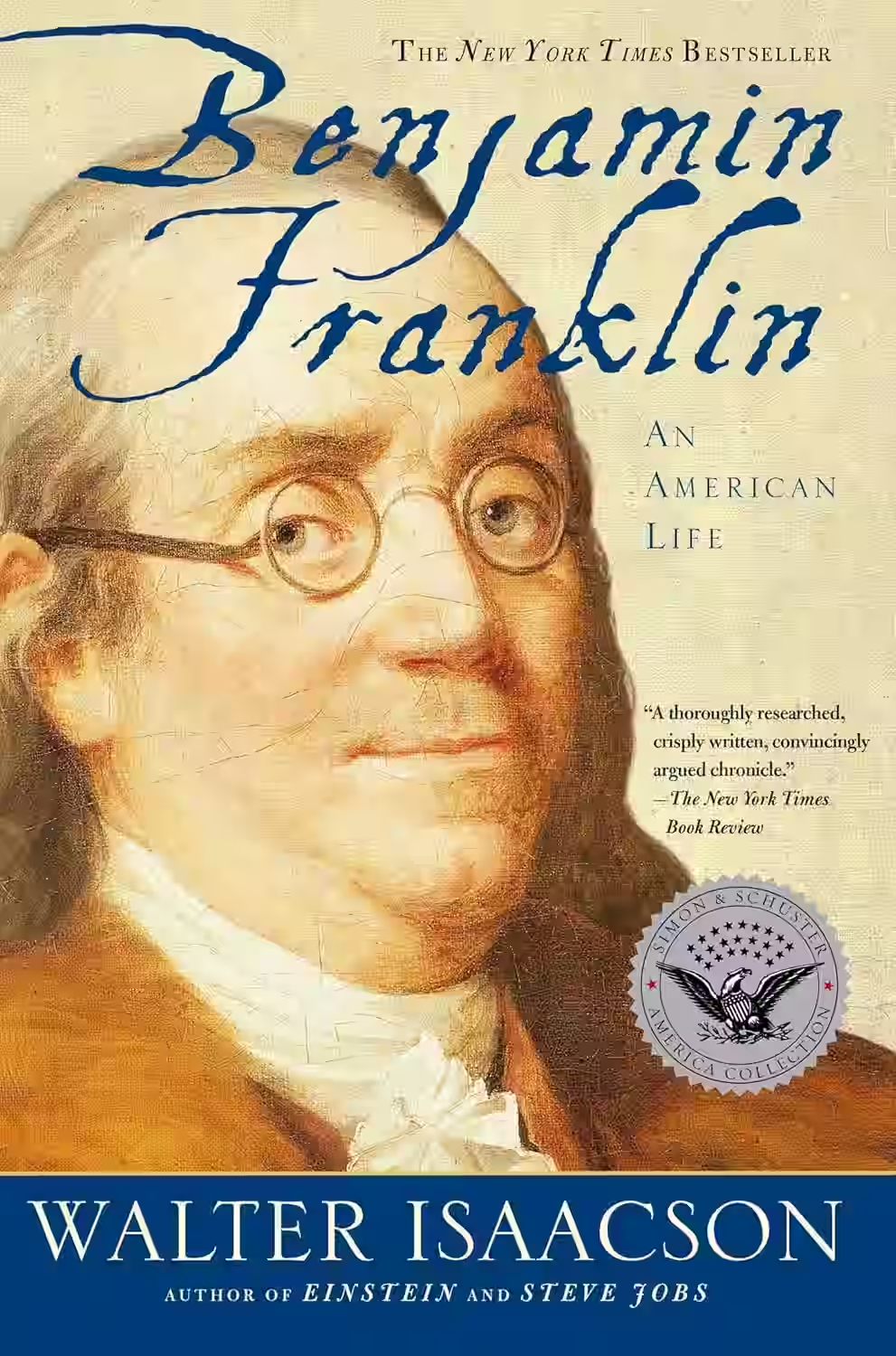
Benjamin Franklin: An American Life
In 'Benjamin Franklin: An American Life' by Walter Isaacson, readers are taken on a captivating journey through the extraordinary life of one of America's founding fathers. Isaacson skillfully weaves together Franklin's roles as a scientist, inventor, diplomat, and statesman, showcasing his immense impact on shaping the American nation. Through detailed research and engaging storytelling, the book delves into Franklin's wit, wisdom, and the complexities of his character, offering a nuanced portrayal of this iconic figure. From his humble beginnings to his key contributions to the Declaration of Independence, Isaacson presents a comprehensive and insightful account of Franklin's enduring legacy.
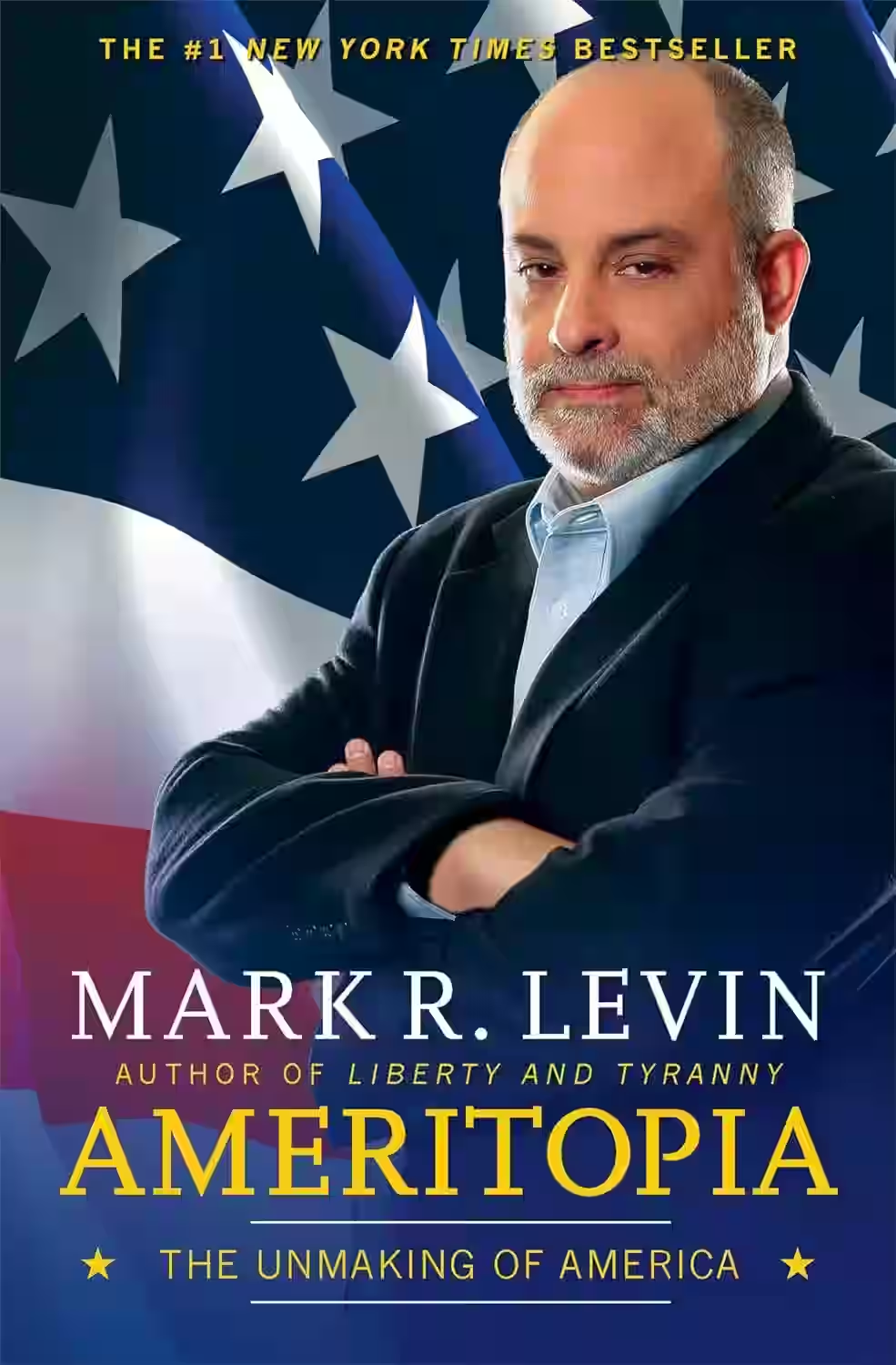
Ameritopia: The Unmaking of America
In 'Ameritopia: The Unmaking of America', Mark R. Levin delves into the philosophical foundations of the American political system and contrasts it with the Utopian ideologies that seek to erode individual liberties and constitutional constraints. Through a powerful blend of historical analysis and contemporary commentary, Levin investigates the dangers of centralized power, societal control, and the disregard for natural rights. Drawing parallels between the Founding Fathers' vision and the current political landscape, 'Ameritopia' serves as a thought-provoking exploration of the ongoing struggle between liberty and tyranny. With meticulous research and compelling arguments, Levin challenges readers to reflect on the significance of preserving the American principles of limited government and individual freedom.
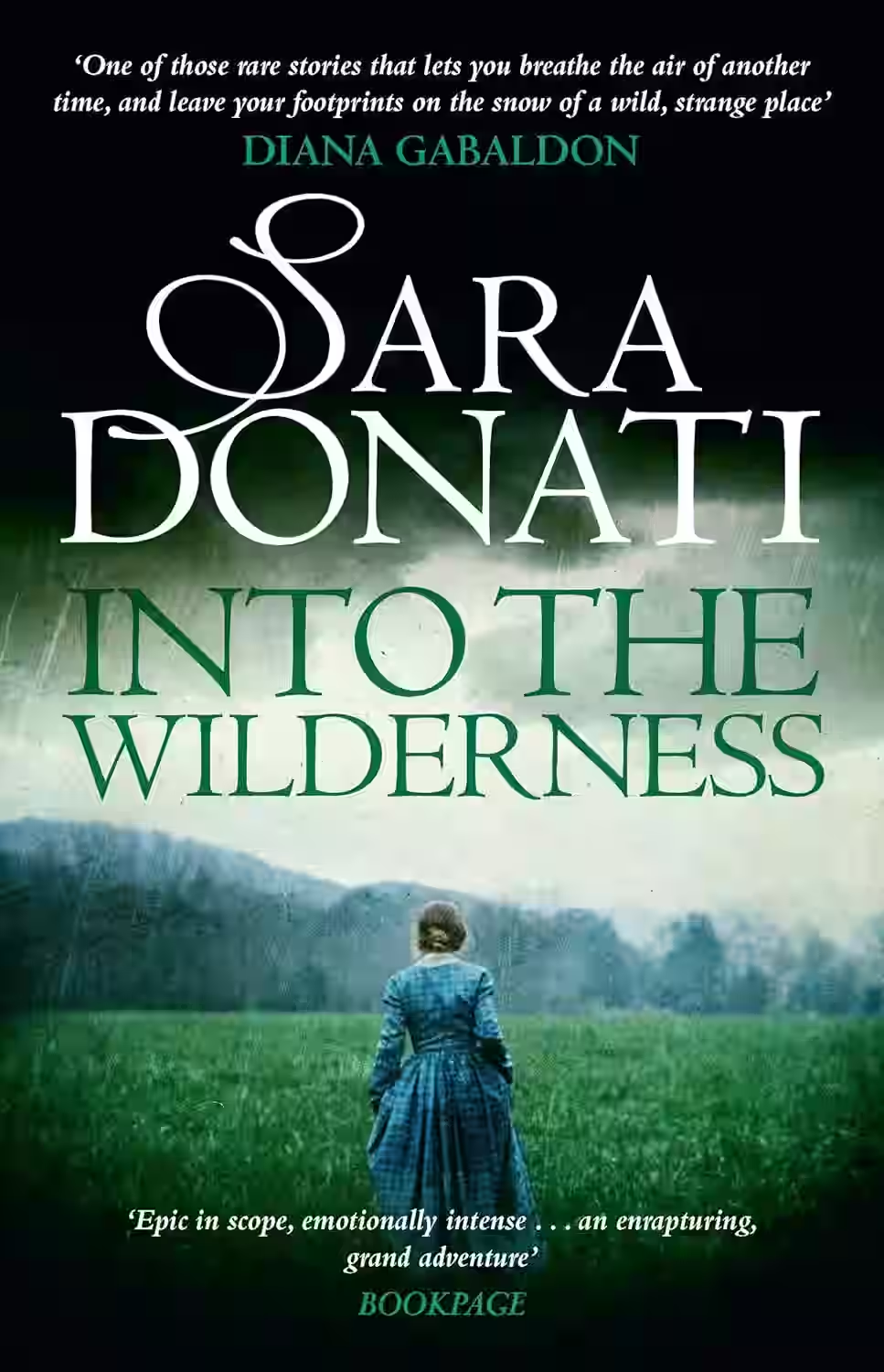
Into the Wilderness
by Sara Donati
Series: Wilderness (#1)
Sara Donati's 'Into the Wilderness' is a sweeping historical epic set in 1792 that intricately weaves themes of love, courage, and cultural clash in the frontier wilderness of upstate New York. The story follows Elizabeth Middleton, an independent, headstrong woman who leaves England to join her father and brother in a remote settlement, only to find herself at odds with the societal norms and expectations. Her life takes a dramatic turn when she encounters Nathaniel Bonner, the rugged son of a Native American woman and a white frontiersman, sparking a passionate and tumultuous romance. Donati skillfully paints a rich tapestry of the natural world and the complex dynamics between the Native American tribes and the European settlers. The novel's vivid detail and emotional depth offer an immersive experience into the harsh yet captivating realities of early American life, making it a compelling read for fans of historical fiction.
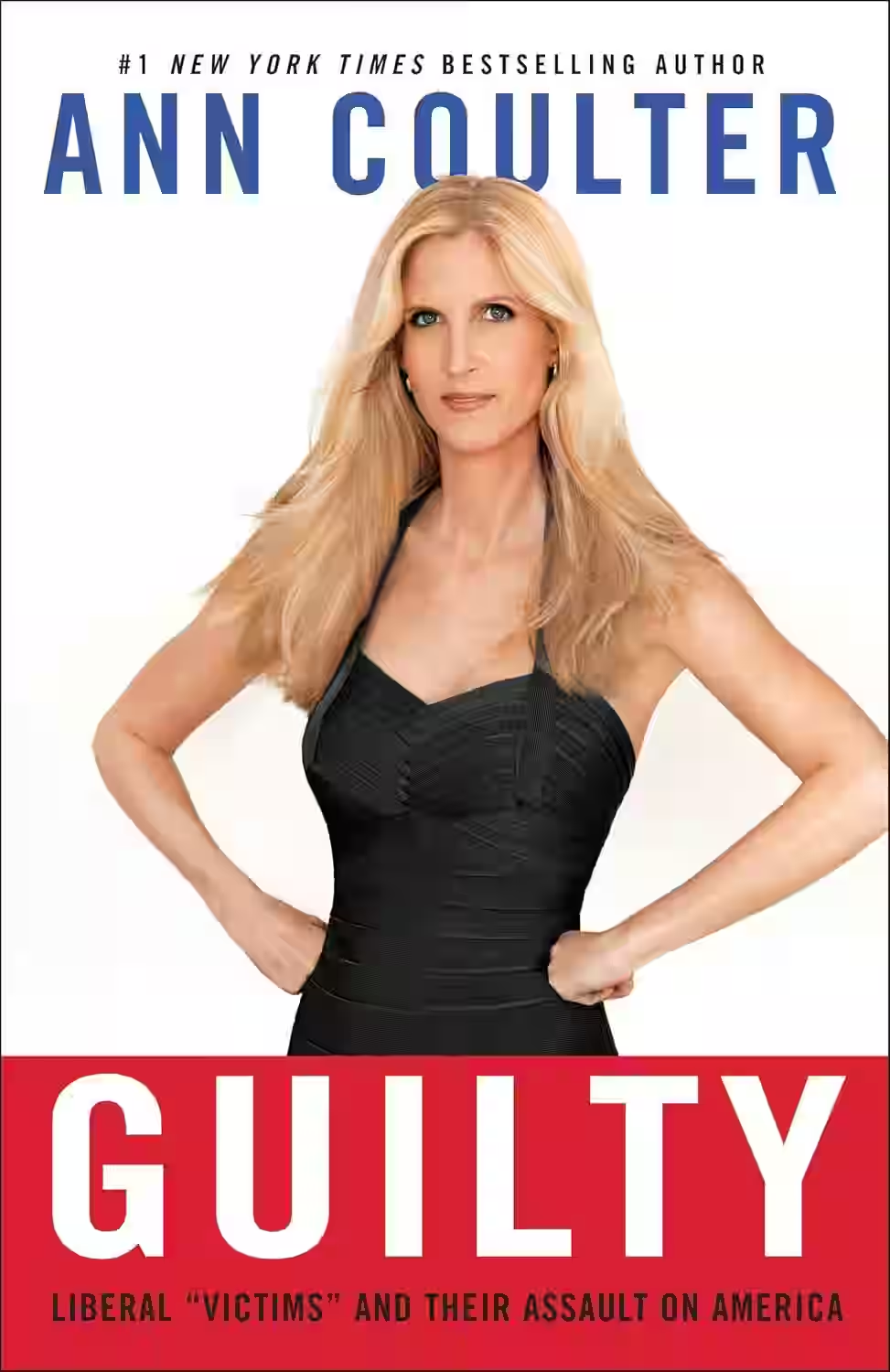
Guilty: Liberal 'Victims' and Their Assault on America
by Ann Coulter
In 'Guilty: Liberal 'Victims' and Their Assault on America,' Ann Coulter presents a provocative and controversial critique of the left's victimhood culture. Coulter delves into the notion of victimhood as an essential component of modern liberalism, unpacking its implications on American society and politics. With her characteristic sharp wit and incisive analysis, she challenges the victim mentality pervasive in liberal ideology and its impact on issues such as race relations, gender equality, and political correctness. Through a series of compelling arguments and examples, Coulter forces readers to reconsider conventional notions of victimhood and liberalism. 'Guilty' is a polarizing yet thought-provoking read that sparks important conversations about personal responsibility and societal trends.